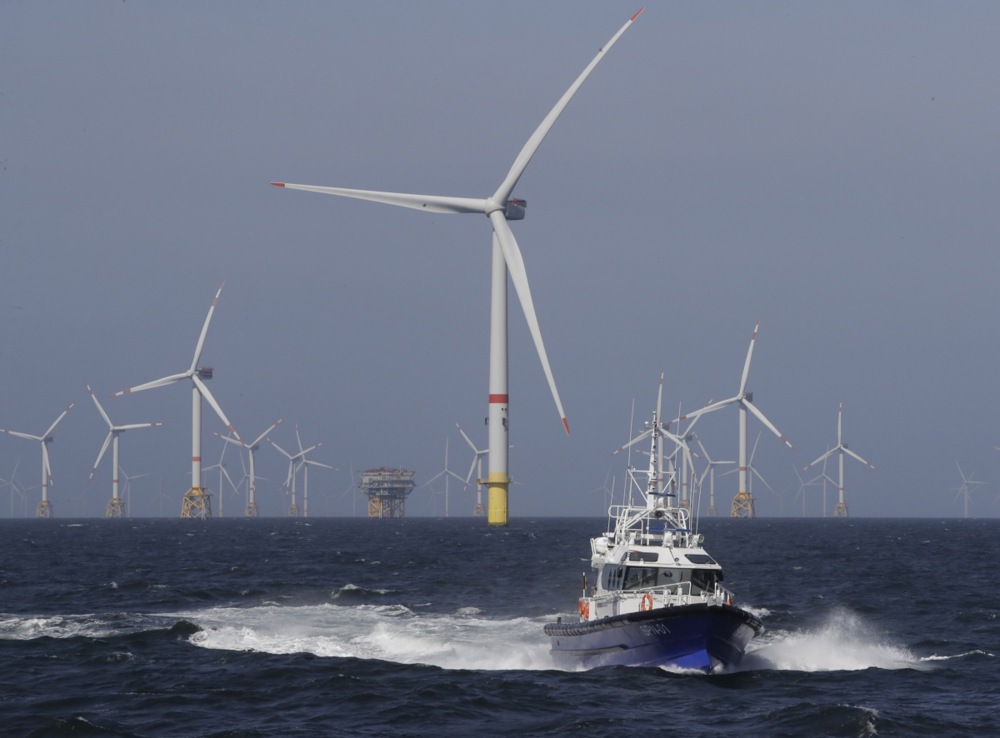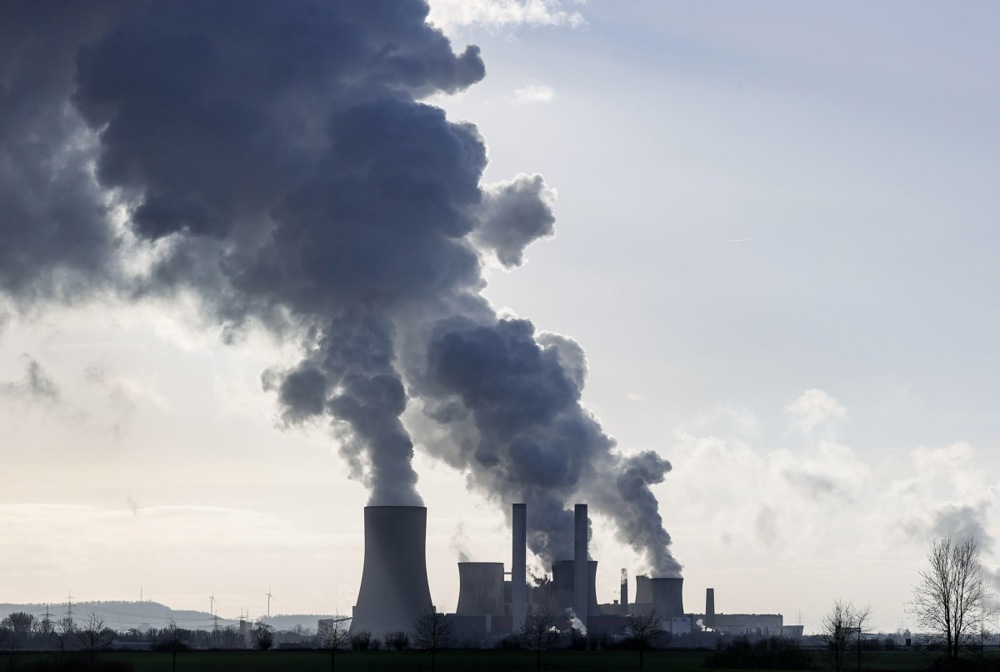The European Union’s new carbon tax, the Emissions Tradings System 2 (ETS2) set to be enforced from 2027, was likely to cost Belgian families €250 to €400 a year, an analyst report showed.
With the new tax, ETS2, Brussels has targeted petrol, diesel and domestic heating, which would force users to pay more for the emissions they produced.
On July 8, Belgium’s Federal Planning Bureau, an independent public institution that provided economic analysis, forecasting and policy evaluation to support government decision-making, published an impact analysis on the European tax.
Its numbers showed a likely spike in the energy bill for Belgian consumers.
Fuel oil would become 21 per cent more expensive and natural gas 16 per cent costlier, the report forecasted. At the pump, the price of diesel and petrol would rise 10-11 per cent.
ETS2 was designed as a European cap-and-trade system under which fossil fuel suppliers to buildings and road transport would have to buy an emission allowance per tonne of CO₂ emitted by their products from 2027 onwards.
According to the Federal Planning Bureau, the price per ton CO2 would be around €60 and those costs would be fully reflected in the final price paid by consumers.
Using a microsimulation model called EUROMOD from the European Commission to analyse the effects of fiscal and social policy measures on household spending, the bureau found that the percentage price increase was largest for heating oil.
According to the EUROMOD database, households spent on average 3.8 per cent of their income on heating fuels and 3.7 per cent on petrol and diesel.
Only the immediate effects of ETS2 (the so-called “overnight effect”) were calculated. The model estimated the additional expenses each household would face to maintain their level of consumption from the moment ETS2 took effect.
Other implications, such as the impact of sustainable investments or other behavioural changes in response to rising fossil fuel prices, were not taken into account. Nor were support measures under the Social Climate Plan or the effect of price increases on wages or benefits adjustments.
The results, therefore, showed which households were most at risk of coming under financial pressure in the absence of accompanying measures, the report said.
Higher-income households were likely to experience a greater increase in costs (in euros per household) as a result of ETS2, since they generally consumed more fossil fuels, it said.
When these additional costs were expressed as a percentage of household income, though, the relative impact was greater for lower-income households, the planning bureau found, at between 1 per cent and 1.3 per cent, compared to 0.4 per cent to 0.6 per cent for the top three income groups.
“This means that ETS2 — without any compensatory measures — places a proportionally greater burden on the real disposable income of lower-income groups,” the report’s authors wrote.
They also found that in the lower income groups, heating fuels accounted for the majority of the additional ETS2-related expenses, on average 65 per cent in the lowest three.
The share of transport fuels in the additional costs rose with income, accounting for an average of 48 per cent of the additional spending in the top three income groups, compared to 35 per cent in the lowest three.
The report stressed that the average impact per group indicated which ones would see their spending most affected by ETS2. This average, though, often masked significant variation within those groups.
A so-called logistic regression model was used to estimate the risk that a household would see its heating costs rise by more than 1 per cent of income under ETS2. That included variables such as income level, region, degree of urbanisation, the type of fossil fuel used for heating, the employment status of the household head and household type.
Urbanisation had no significant effect when other factors were considered. Fuel type mattered most: Households using fuel oil faced a 34 percentage point higher risk than those using gas, the report found.
Households with an unemployed head have a 5-point higher risk and pensioners 4 points higher, compared to those in work.
Household type also mattered: Single adults faced an 11-point higher risk, while single parents and childless couples faced a 6-point increase, compared to two-parent families.
An earlier study from research institute VITO/Energyville put the impact of the European tax a bit lower, between €207 to €368 per household.
Since 2005, the first part of the new legislation has already been in force for large CO₂ emitters such as cement producers, airlines and steel manufacturers.





